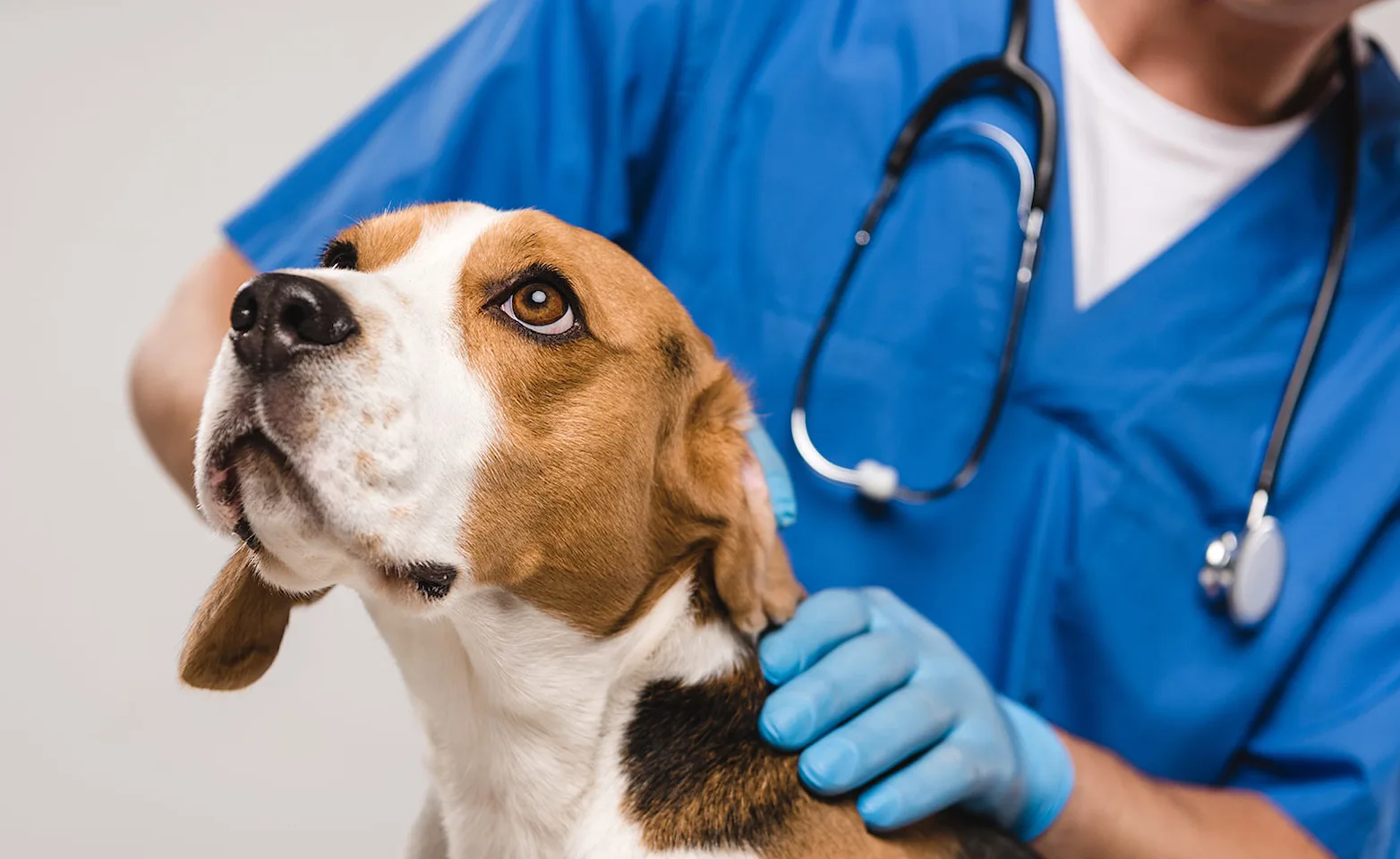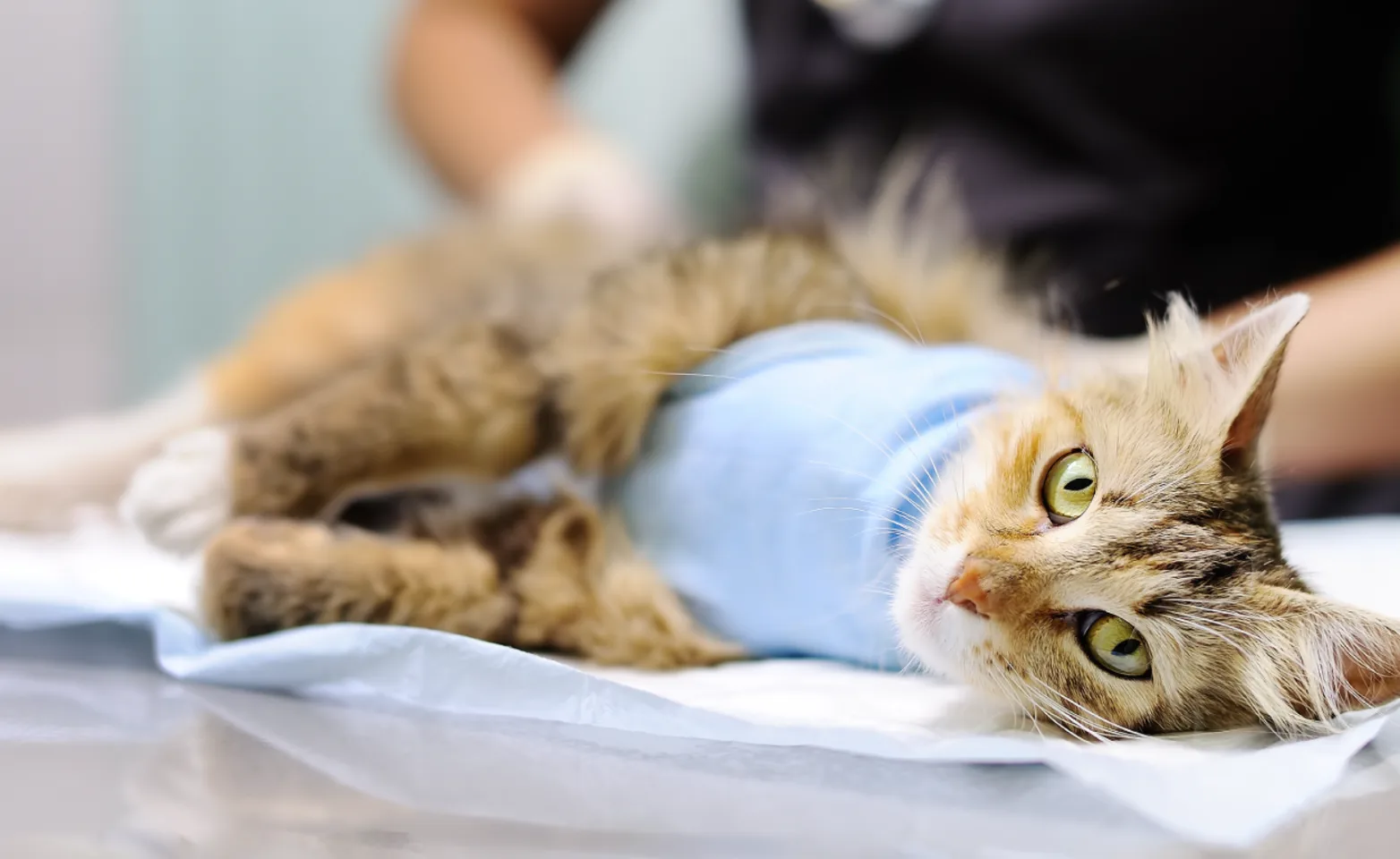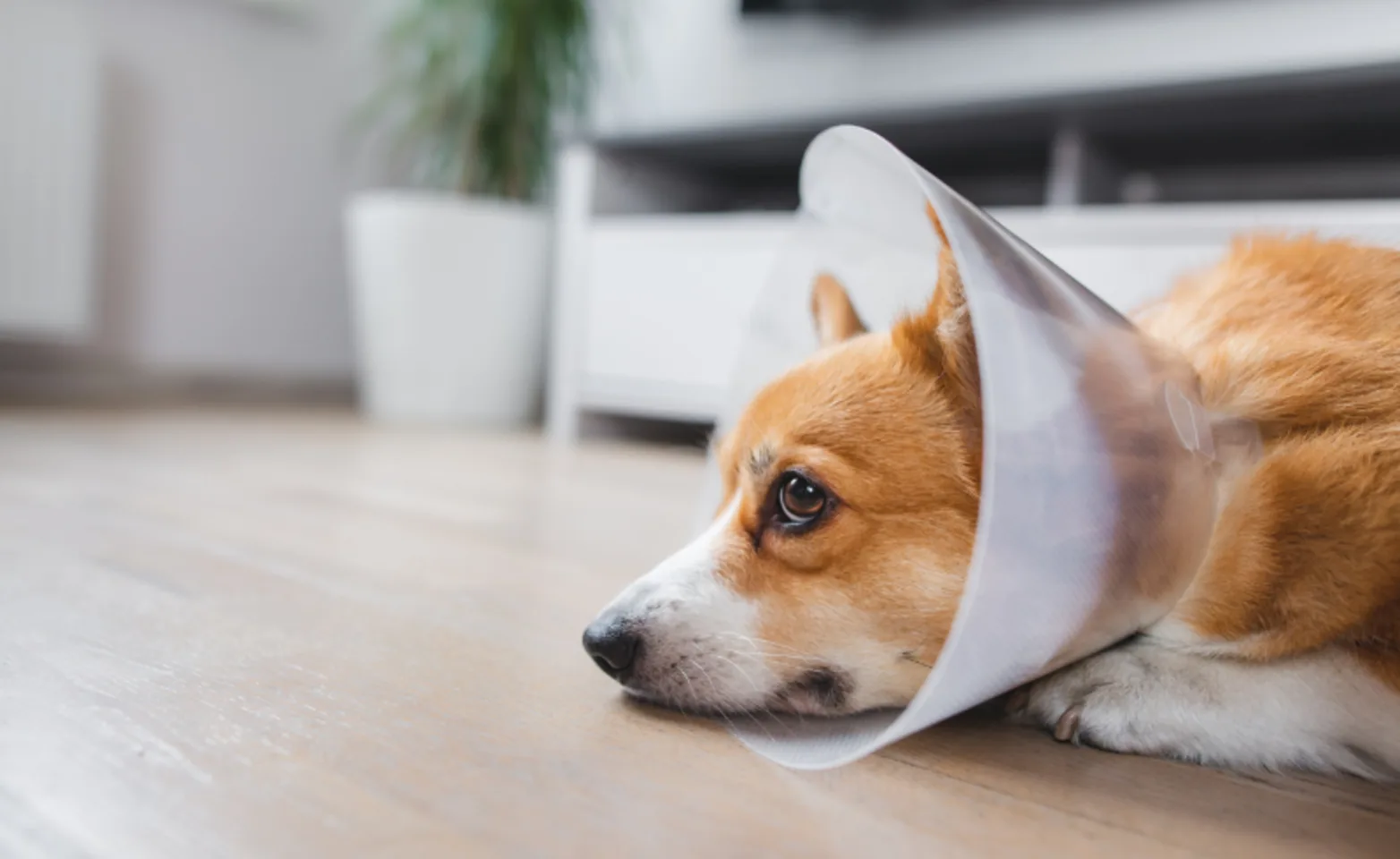Overland Park Veterinary Emergency and Specialty

Specialized Cancer Care for Pets
Receiving a cancer diagnosis for your beloved pet can be overwhelming, but you’re not alone. At Overland Park Veterinary Emergency & Specialty (OPVES), our oncology team, led by Dr. Katilee Jacobs, DVM, DACVIM (Oncology), is here to guide you every step of the way. We offer advanced diagnostics and cutting-edge treatments focused on improving your pet’s quality of life, all delivered with the compassion and expertise your family deserves.
Understanding Cancer in Pets
Cancer is one of the more common health challenges in pets, especially as they grow older. While a diagnosis can feel daunting, today’s advancements in veterinary oncology offer hope. With the right treatment plan, many pets continue to thrive and enjoy life.
Common Types of Cancer in Pets & Symptoms to Watch For
Pets may develop various types of cancer. Our team commonly treats the following, among others:
Lymphoma – A systemic cancer of a white blood cell called lymphocytes that is often seen as swollen lymph nodes in dogs or in the GI system of cats.
Mast Cell Tumors – A common skin tumor of a type of white blood cell that causes inflammation and itchiness like a bug bite.
Hemangiosarcoma - A cancer of blood vessels that often causes bleeding.
Osteosarcoma – A primary bone tumor of large breed dogs.
Melanoma – A pigmented tumor that can be in the mouth, skin, or eyes.
Urothelial Carcinoma - A bladder tumor that often affects smaller dogs.
Signs & Symptoms to Watch For:
✔ Unexplained weight loss
✔ Lumps or swelling that persist or grow
✔ Changes in appetite or energy levels
✔ Persistent lameness or stiffness
✔ Difficulty breathing or persistent coughing
✔ Non-healing sores or unusual bleeding
If your pet is experiencing any of these symptoms, early detection is key. Call (913) 361-3800 to schedule a consultation for a thorough evaluation with our oncology team.

Advanced Diagnostics for Accurate Diagnosis
At OPVES, we utilize state-of-the-art diagnostic tools to accurately identify and stage cancer, ensuring the most precise and effective treatment plan for your pet. Our diagnostic capabilities include:
Bloodwork to evaluate body function
X-rays and Computed Tomography (CT) advanced imaging to evaluate where the cancer may be within the body
Sampling and Evaluation of masses with a needle
Biopsy Collection and Analysis to confirm and identify the cancer type
Specialized Diagnostics to help our team better understand your pet’s cancer
A thorough and accurate diagnosis allows us to customize a treatment approach that prioritizes both effectiveness and quality of life.

Comprehensive Treatment Options
Each pet’s cancer journey is unique, and our oncology team works closely with families to develop personalized treatment plans. Our services include:
Chemotherapy – Targeted drug treatments to slow cancer progression while maintaining quality of life.
Immunotherapy – Boosting the immune system to recognize and fight cancer
Surgery – Removal of tumors when feasible, offering curative or palliative benefits
Electrochemotherapy (ECT)- An innovative technique combining chemotherapy with electrical pulses to treat tumors, enhancing drug delivery and targeting cancer cells more effectively.
What to Expect: A Guide for Pet Owners
We understand that navigating a cancer diagnosis can feel overwhelming. Here’s what to expect when working with our oncology team:
Initial Consultation & Diagnostics
Our oncology team will review your pet’s medical records for the initial consultation and discuss the disease and next steps.
Further diagnostics may be recommended to better understand the extent of the cancer, often referred to as staging.
Personalized Treatment Plan
Based on the diagnostic results and team discussion, we will develop a plan with the family that is specifically tailored to your pet’s needs and ensure the family’s goals are met.
This will include honest, transparent conversations about potential treatments and prognosis.
Ongoing Monitoring & Support
Future appointments will consist of team check-ins regarding how your pet is doing.
Your pet will need routine monitoring to ensure they are tolerating treatment and that it is working as planned. This often requires repeating imaging and bloodwork.
Frequently Asked Questions (FAQ)
What are the side effects of chemotherapy? Will my pet get sick from chemotherapy?
Our goal with any treatment is your pet’s quality of life. Patients are often sent home with anti-nausea and anti-diarrheal medication. If they are not tolerating the treatment, such as frequent stomach upset, we will change the dose or the protocol, or the treatment can be stopped.
Many treatments can also affect white blood cells, meaning the body may have trouble fighting off infections if they get too low.
What is the goal of treatment?
To extend and improve the quality of life of your pet.
What is a veterinary oncologist?
A veterinary oncologist is a veterinarian who has completed additional training after graduating from veterinary school. They have extensive schooling and training, spending time learning about different cancers and their treatments.
Will my pet lose their hair?
Most pets will experience their coat thinning out, and cats may lose their whiskers. Dogs that have continuously growing hair (e.g., Poodles, Yorkies, Malteses, etc.) may also lose their hair.
What should I bring to the first appointment?
Bring your pet and your pet’s medical records, including any imaging and diagnostic test results.
Should I continue to give my pet their heartworm and flea/tick preventives?
Yes! Please continue to give these preventatives, as our patients can still be affected by these diseases, including flea and tick-borne diseases.
What should my pet eat? Should I change food?
We recommend continuing your pet on a commercially available diet that they have liked and tolerated in the past. If a diet is changed too quickly, it may cause stomach upset that can be mistaken for secondary to treatment. We do not recommend raw diets, which can expose you and your pet to pathogens, or grain-free diets, which may affect patients’ hearts.
Can my pet be groomed while receiving treatment?
Oftentimes, the answer is yes. We recommend working with the oncologist to make sure there are no contraindications.
Can my pet continue their normal activities?
Yes! The goal of treatment is to positively impact your pet’s quality of life. We want them to be as healthy as possible so they can continue doing what makes them happy.
Can I leave my pet alone after receiving treatment?
Yes, pets can be left alone after they receive most treatments.

